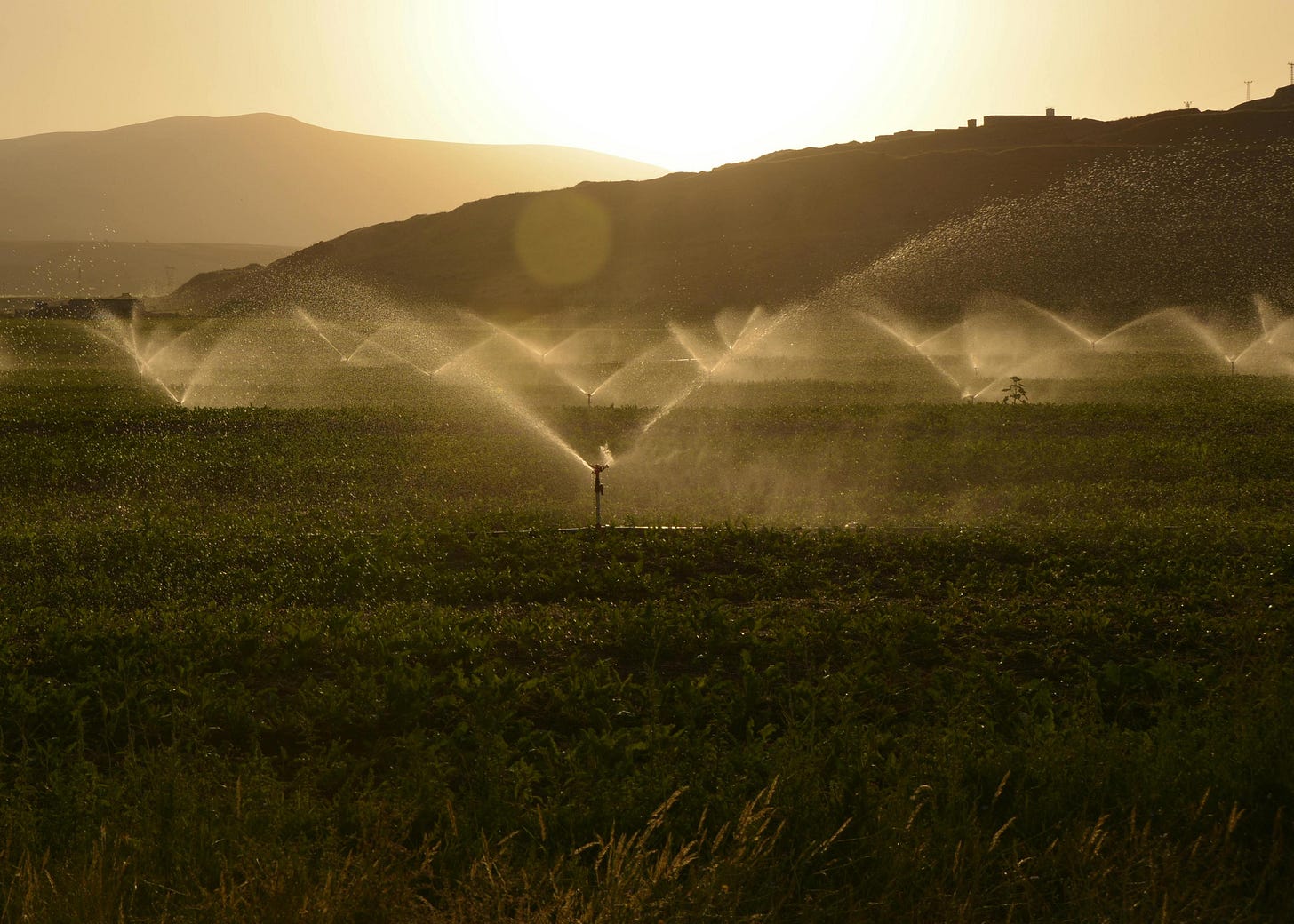No Diet Uses Fewer Plants Than Eating Plant-Based — Here’s Why
It matters more than you may think.
Critics of plant-based diets like to highlight the drawbacks of growing plants, such as monocropping, toxic pesticides, and the unintended deaths of small animals during harvesting. There are even claims that “plants feel pain,” or that plant-based diets would require an excessive amount of land for crop cultivation.
Some of these arguments may seem reasonable at first glance, but they all crumble under scrutiny. Relying on them to argue against plant-based diets reveals a fundamental misunderstanding of the issue.
While plants have no nervous systems or pain receptors, it is, of course, true that growing them requires resources like land, water, and energy, and can lead to unintended animal deaths during harvest. It is also true that the fertilizers and pesticides used in crop cultivation can cause environmental harm.
However, these problems actually serve as a strong argument in favor of plant-based diets, not against. Here is why:
Raising animals for food consumes vast amounts of plants for feed
A plant-based diet uses significantly fewer plants than one that includes animal products. Much of the crop grown today is used to feed farmed animals, not humans. This process is extremely inefficient, as animals convert only a fraction of the energy from their feed into meat, dairy, or eggs.
While 24,000 people die from hunger and malnutrition every day, our society wastes massive amounts of grain, corn, and soy to feed farmed animals. It takes around 100 calories of grain to produce just 12 calories of chicken or 3 calories worth of beef. Similarly, almost 80% of global soy production go to animal feed, while all soy milk and tofu combined use up less than 5%.
In the U.S., farmed animals consume more than seven times as much grain as is consumed directly by the entire human population. This immense inefficiency makes animal agriculture a key contributor to world hunger. By cutting out animals as the “middleman” and eating plants directly, we can drastically reduce resource use, animal suffering, and environmental harm while feeding more people with less effort.
Eating animals is also the world’s leading driver of deforestation (by far)
In a conversation about the “plant consumption” of agriculture, there is another aspect that deserves attention, too:
The animal agriculture industry, with its vast need for land to establish pastures and grow animal feed, stands as the leading cause of deforestation worldwide. Meat production alone drives deforestation five times more than any other sector, and is responsible for 80% of the Amazon rainforest destruction.
Deforestation causes soil erosion and desertification, disrupts essential water cycles, and drives habitat destruction and species extinction. Preserving forests and biodiversity is crucial for human well-being and survival. A comprehensive study found that a plant-based food system is the only option that can reliably feed a growing world population with zero deforestation.
“But the crops fed to livestock are inedible to humans!”
A common defense of the resource intensity of animal agriculture is the claim that many crops used as animal feed are inedible to humans. Proponents of this view argue that using animals as a food source is essential because they convert low-quality crops into food fit for human consumption. However, this argument is also fundamentally flawed.
Even the feed crops that are inedible for humans still need to be grown and harvested, using up valuable land, water, and energy — resources that could be used to grow food for direct human consumption, instead.
Furthermore, with a shift to plant-based diets, much of the land currently used for pastures and animal feed production would no longer be needed. Research shows that transitioning to a plant-based food system would reduce humanity’s total land use by an astonishing 73%. This freed-up land could be repurposed for urgent rewilding and reforestation projects, helping to restore endangered ecosystems, protect biodiversity, and combat climate change.
Conclusion
Like all “arguments” made against plant-based living, those focusing on crop consumption are baseless. In fact, these claims don’t just fail to discredit plant-based diets — they highlight some of their most compelling benefits.
No dietary choice is more efficient in protecting the environment, mitigating climate change, or reducing the use of land and water — not to mention sparing billions of animals from harm. Switching to a plant-based food system would also bring enormous advantages for human well-being and public health, lowering the risk of deadly chronic diseases, antibiotic resistance, and pandemics.
The evidence is clear: when it comes to our daily consumption, living plant-based is the most sustainable, compassionate, and forward-thinking choice we can make. Don’t let anyone fool you into believing otherwise.
Spread the word 🌱
“Plants feel pain!”, “What about those pesticides?”, “A vegan world would be full of monocultures!”, “Where are we gonna find all that space for growing so many plants?”
If you encounter these arguments again (and you will), cut the debate short by referring to this article. If any questions remain, I’ll be happy to respond in the comment section.
Vegan Horizon is a reader-supported publication. To receive new posts and support my work, consider becoming a free or paid subscriber. 👇






An outstanding piece on this vitality important topic. Thank you for making it available on this platform.
Beautifully said. Succinct and fact- based. Thank you, I've shared.